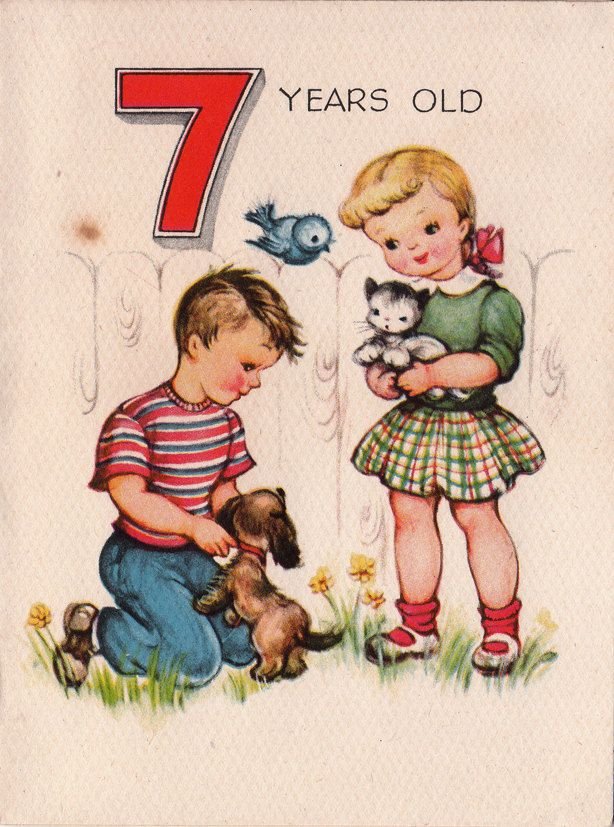I Live
/Hey, your boy’s back. I finally got that Covid but I’ve come out the other side. There are some lingering aches and issues, but I think the old brain is doing alright and no worse for the wear. I did come to the realization while I was away that the Bill in Lemon is actually a really good trick. It’s a bill. But it ends up in a lemon! I mean… come on! Now I understand why this is in repertoire of so many professional magicians. It’s not sheer fucking laziness. It’s because it’s such a meaningful piece of magic that makes people think and feel.
I’ve got a new schedule planned for the site. Starting next week, posting is going to be Monday thru Friday, the first three weeks or so of every month.
It’s going to be essentially the same amount of content, I’m just going to be divvying it up differently. The same pizza, just cut up into more slices. So the content for the Monday mailbag posts, and the Friday Dustings posts are going to creep into Tuesdays and Thursdays.
What I want is to have each post be a little more focused on one topic. Unless it’s something truly trivial and stupid. In which case I’m happy to toss a bunch of those together into one post. So mail posts will focus on one question (or multiple questions on the same topic). And I’ll only group them together in a mailbag when I have a bunch of super quick ones to answer.
So you can stop by every weekday for a quick hit of something here, if that brings you joy. But the purpose of this isn’t to get you to come by the site more often. It’s just, as I said, to have more focused posts.
If you choose to stop by once a week, you won’t miss out on anything. I’ll try to always give a week’s notice on anything time-sensitive that might come up
[UPDATE: I’ve already received a number of offers to help with this. At this point I don’t need anyone else to submit. But thanks to everyone who wrote in.]
I’m thinking about bringing on someone to create an index for this site and my other work as well.
This would be a long-term project, obviously, given the amount of content here.
I would cover the cost of your support payment indefinitely, as well as pay you a fee on top of that.
If you’re interested, send me an email with Index in the subject. If there’s something that makes you particularly well-suited for this project, let me know.
There’s a decent chance I’ll just end up doing it myself. But it might be quicker if I hire someone else.
This is one of the reasons I want to focus each post on one subject going forward. It will make indexing easier in the future.
Love Letters #1 will be in supporters email boxes today at noon, my time (New York).
If you didn’t get it and you think you were supposed to:
Remember that—unless you told me otherwise—it’s going to the email address that’s associated with your paypal account.
Check your spam and all that.
It’s possible I don’t have you on the distribution list. Send me an email and we can get it sorted.
Speaking of Love Letters, if you wake up to music for your morning alarm, I highly recommend the song below. It’s got some gentle, non-jarring horns for the first 1:20 to softly rouse you out of your sleep. Then it kicks in with some bouncy energy to get your day started. I, fortunately, don’t usually need to wake up with an alarm, but this is what I use when I do.
Thanks to everyone who wrote and sent along their best wishes while I was out.








